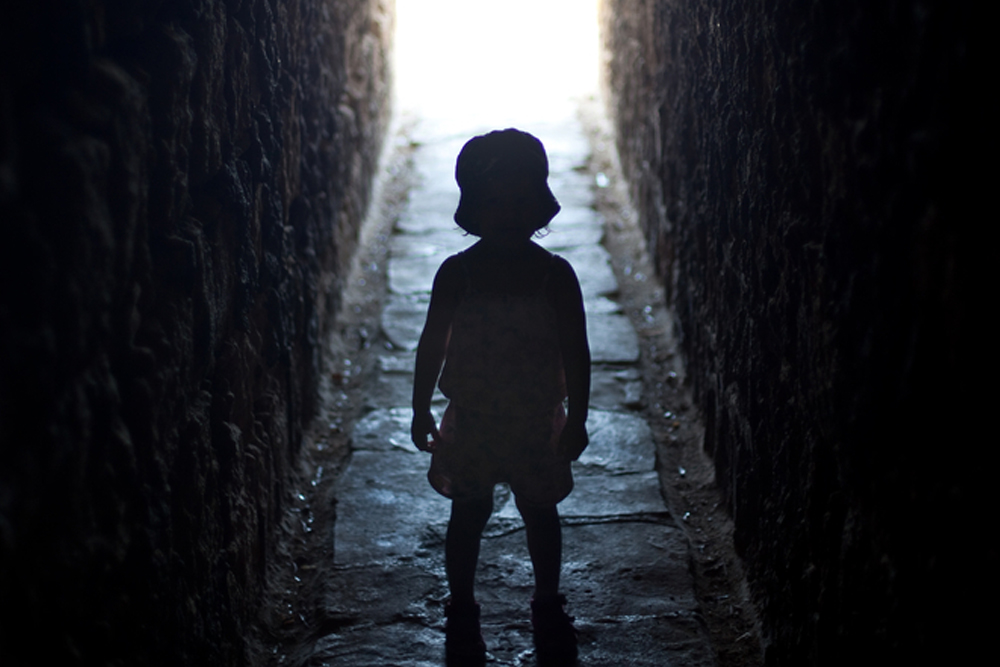
Disadvantages of Children Living in Orphanages
The U.N. estimates that up to 8 million children around the world are living in orphanages. It is likely to rise due to the increasing impact of conflict, climate change, and the HIV and AIDS pandemic, especially those living in Africa.
The standard of care in Africa is poor. Many children are abused and neglected. Children under three years of age are at risk of permanent developmental damage because of not being cared for in a family setting. For all children, long term stay in orphanages can have a lasting negative impact. The following are the disadvantages of these children when living in orphanages
- Children at an early age often demonstrate a delay in emotional, social, physical development, and also are at greater risk of contracting diseases. Children brought up in orphanages may suffer from severe behavior and emotional problems, such as being aggressive, having less knowledge and understanding of the world, which in turn might result in psychiatric impairments during their adulthood according to Replace organization.
- Not all children are treated equally in orphanages. Some children are exposed to risk factors, lack of nutrition, stress, and exposure to toxic substances. Children who are sickly are more challenging to care for that’s why they are usually ignored by staff. If a child responds easily when spoken to or touched, the caregiver gets some satisfaction from that response. This is the reason why that child receives more attention. and in effect, responds even more positively. On the other hand, if a child does not respond easily to caregivers, he/she receives less attention. The cycle of stimulus-response-stimulus affects the child either positively or negatively. Another scenario is when a child who is physically more attractive receives more attention than their less attractive counterparts. And children with obvious physical handicaps may receive less attention if they are placed with children who have no disability.
- A quality of life is not usually experienced by children in orphanages. Children need to be healthy and happy to be fully functioning adults. The relationships between adults and children are usually superficial and brief, with little warmth and affection. Staff in orphanages do not connect emotionally or physically with children in the same way that families connect with children.
Click Here and donate!
